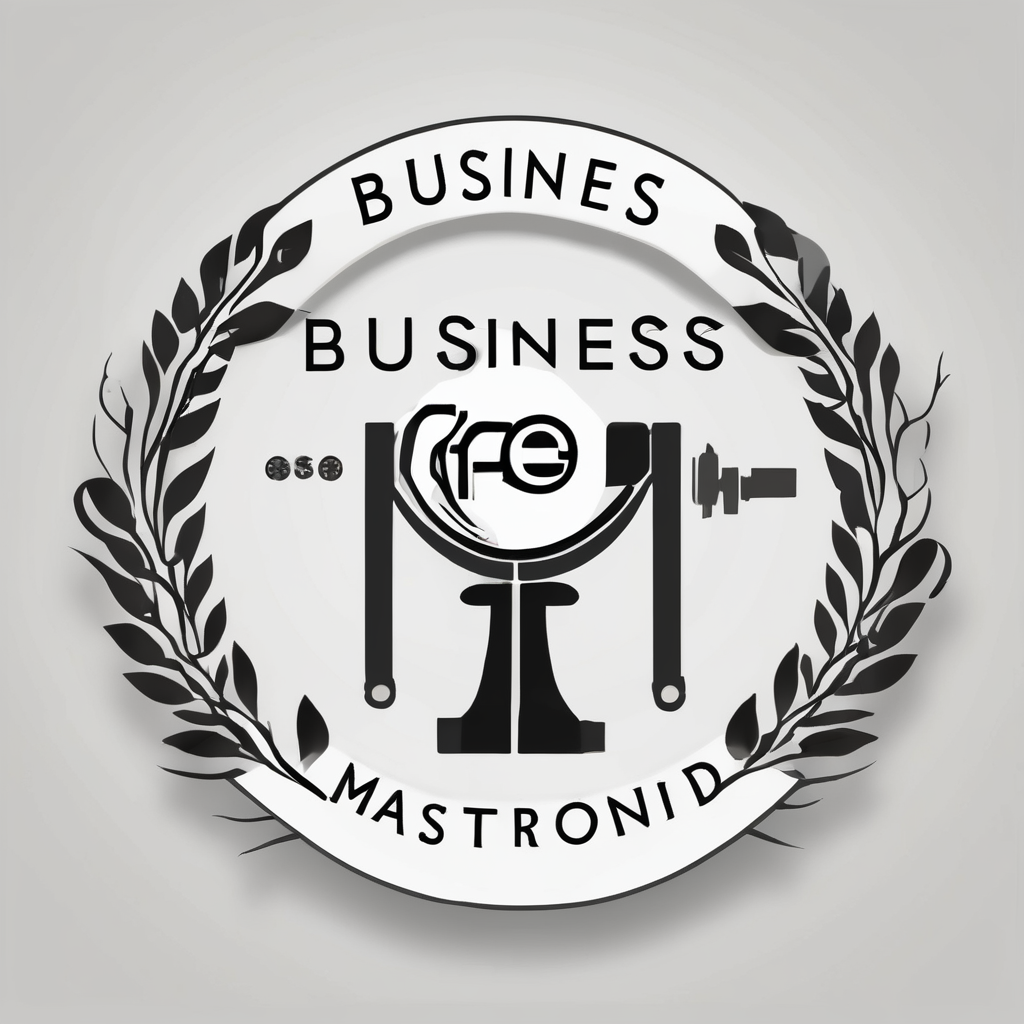Top Strategies for Successfully Adopting a Cloud CRM System in London Consulting Firms
Understanding the Need for Cloud CRM in Consulting Firms
In the fast-paced and highly competitive consulting industry in London, adopting a cloud-based Customer Relationship Management (CRM) system is no longer a luxury, but a necessity. CRM systems, particularly those like Salesforce, have revolutionized the way businesses manage their customer relationships, streamline operations, and drive growth.
“CRM is not just a platform, but an ecosystem designed for businesses to stay competitive and succeed,” as highlighted in the latest trends in Salesforce CRM.
Also read : Top Strategies for Successfully Launching a Customer Loyalty Program in Your York Retail Store
Choosing the Right Cloud CRM Platform
When it comes to selecting a cloud CRM platform, several factors need to be considered to ensure the chosen system aligns with the business’s goals and needs.
Analyzing the Market Leaders
Salesforce stands out as a powerhouse in the enterprise software world, especially in the realm of cloud computing. Here are some key reasons why Salesforce is often the preferred choice:
Also to read : Essential Strategies for Crafting an Effective BYOD Policy in a Cardiff Marketing Agency
- Integration and Customization: Salesforce offers extensive customization options and seamless integration with other business applications, making it highly adaptable to various business models.
- Advanced Analytics: With tools like Einstein Analytics, Salesforce provides predictive analytics and deep insights, enabling businesses to make data-driven decisions.
- Security and Compliance: Salesforce has enhanced its security protocols and governance tools, ensuring data privacy and compliance with regulations such as GDPR and CCPA.
Evaluating Other Options
While Salesforce is a market leader, other CRM systems also offer compelling features. Here’s a brief comparison:
| CRM System | Key Features | Strengths | Weaknesses |
|---|---|---|---|
| Salesforce | Advanced analytics, customization, security | Highly adaptable, robust analytics, strong security | Can be complex to implement, costly for small businesses |
| Microsoft Dynamics | Integration with Microsoft products, user-friendly interface | Seamless integration with Microsoft suite, easy to use | Limited customization options compared to Salesforce |
| HubSpot | Inbound marketing tools, ease of use | Excellent for marketing automation, user-friendly | Less robust analytics compared to Salesforce |
Implementing Cloud CRM: Best Practices
Implementing a cloud CRM system is a significant undertaking that requires careful planning and execution. Here are some best practices to ensure a successful adoption:
Embrace Agile Development
Adopting agile methodologies can accelerate the implementation process. Agile allows teams to adapt to changing requirements and deliver value incrementally, leading to faster time-to-market and higher customer satisfaction.
Incremental Modernization
Plan the implementation in incremental stages to minimize disruptions and mitigate risks. Start with low-risk applications and gradually transition critical workloads, ensuring robust testing protocols at each stage.
### Example: Incremental Modernization of a Legacy CRM System
- **Phase 1**: Move the database and file storage to cloud services (e.g., AWS RDS, S3).
- **Phase 2**: Containerize each service using Docker to stabilize the system and optimize server resources.
- **Phase 3**: Refactor the codebase incrementally, focusing on specific functionalities under development.
- **Phase 4**: Implement monitoring services and deployment strategies (e.g., blue-green deployment) to ensure smooth operations and minimal downtime.
Ensure Cultural Fit and Effective Communication
The success of a CRM implementation heavily depends on the cultural fit between the consulting firm and the CRM provider. Ensure that the CRM provider understands your business needs and can explain complex technical issues clearly.
“Effective teamwork and communication are crucial for a successful consulting engagement. The company should be open to collaboration and prepared to work closely with your internal teams,” as emphasized in the guidelines for choosing an IT consulting firm.
Leveraging Advanced Features for Enhanced Customer Service
A cloud CRM system offers a plethora of advanced features that can significantly enhance customer service and overall business operations.
Hyper-Personalization
Using AI-driven insights, businesses can deliver highly personalized customer experiences. For instance, Salesforce’s Einstein AI can help in sending personalized emails or product recommendations, making customer interactions more engaging.
Self-Service CRM Innovations
Self-service solutions, such as knowledge bases, forums, and AI-powered chatbots, empower customers to find solutions to their problems quickly. This not only improves the user experience but also reduces service costs by up to 30%.
Industry-Specific Solutions
Salesforce offers industry-specific solutions that meet regulatory standards and provide customized tools and workflows. For example, the Health Cloud ensures HIPAA compliance in the healthcare industry, while the Manufacturing Cloud smoothens supply chain transparency.
The Role of Consulting Services in Cloud CRM Adoption
Consulting services play a vital role in the successful adoption of a cloud CRM system. Here are some key benefits of working with a consulting firm:
Knowledge and Experience
Top-tier consulting firms have experts who understand the latest technology trends and industry best practices. They can help businesses develop effective strategies to leverage technology for a competitive advantage.
“Collaborating with a top IT strategy consulting firm can bring a plethora of advantages to businesses, including access to top-tier professionals, optimized costs, and enhanced operational efficiency,” as noted in the benefits of hiring an IT consulting firm.
Cost-Effectiveness and Scalability
Consulting firms can offer cost-effective solutions and ensure scalability, adapting to the rapidly evolving technology landscape and supporting business expansion plans.
“Ensure your chosen company can offer you the best IT consulting strategy for business, deal with the rapidly evolving technology landscape, and support your expansion plans,” advises the guide on choosing the right IT consulting firm.
Case Studies: Successful Cloud CRM Implementations in London
Here are a couple of success stories that illustrate the benefits of adopting a cloud CRM system in consulting firms.
Success Story 1: Modernizing a Legacy CRM System
A consulting firm in London needed to modernize its legacy CRM system. By moving the database and file storage to AWS services and incrementally containerizing each service using Docker, the firm achieved greater system stability, optimized resource utilization, and enhanced code quality. This approach allowed the firm to refactor approximately 80% of the codebase without interrupting application operations, leading to improved user satisfaction and business growth.
Success Story 2: Enhancing Customer Service with Salesforce
Another consulting firm in London leveraged Salesforce to enhance its customer service. By implementing self-service solutions and using AI-driven insights for hyper-personalization, the firm improved customer interactions and reduced service costs. The integration of Blockchain technology and generative AI further boosted CRM transparency and security, enabling the firm to stay ahead in the competitive consulting industry.
Practical Insights and Actionable Advice
Here are some practical insights and actionable advice for consulting firms looking to adopt a cloud CRM system:
- Start Small: Begin with a pilot project to test the waters before scaling up.
- Train Your Team: Ensure that your team is well-trained on the new CRM system to maximize its benefits.
- Monitor and Adjust: Continuously monitor the performance of the CRM system and make necessary adjustments to optimize its use.
- Leverage Advanced Features: Make full use of advanced features such as AI-driven insights and self-service solutions to enhance customer service.
### Checklist for Successful Cloud CRM Adoption
- **Assess Business Needs**: Evaluate your business requirements and goals.
- **Choose the Right Platform**: Select a CRM platform that aligns with your business needs.
- **Plan Incremental Implementation**: Plan the implementation in incremental stages.
- **Ensure Cultural Fit**: Ensure the CRM provider understands your business culture and needs.
- **Leverage Advanced Features**: Use advanced features to enhance customer service and operations.
- **Monitor and Adjust**: Continuously monitor and adjust the CRM system for optimal performance.
Adopting a cloud CRM system is a strategic move that can significantly enhance the operations and customer service of consulting firms in London. By choosing the right platform, implementing best practices, and leveraging advanced features, businesses can stay competitive and achieve growth in the dynamic consulting industry.
“Salesforce will continue to be at the forefront of the CRM industry, pushing the limits of customer engagement, automation, and data security,” as forecasted in the top Salesforce CRM trends.
In conclusion, embracing cloud CRM is not just about adopting new technology; it is about transforming your business model to be more customer-centric, efficient, and innovative. With the right strategy and consulting services, London’s consulting firms can navigate the complexities of cloud CRM adoption and reap its numerous benefits.











